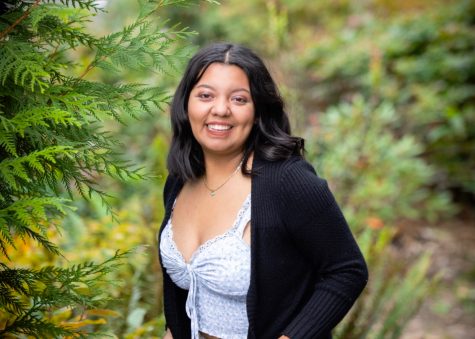What does consent really mean?
April 6, 2020
The meaning of the word consent is different for everybody, and I don’t know why that is. As I continue to speak about consent, I will be focusing on it when in relationships or, more likely, in dating and sexual relationships. My definition of consent is giving a 100 percent yes to partaking in an activity among all participants. For example, when wanting to kiss someone, you ask them if it is okay before. But consent is also much more than that. It is about making sure that you have permission to do everything to make sure another person is comfortable and mentally okay.
The inspiration to write this article came from an interview I watched with Chanel Miller. Miller is a rape and sexual assault survivor from the Brock Turner case. She was raped at the Stanford University campus behind a dumpster, and her case became national news as Brock Turner was only given six months in prison and only served three. What brings me to tears about her case and about many others is the fact that the survivors were stripped of their rights. They were violated and destroyed physically and mentally. I ask myself, when does it become fine for someone to not ask for consent? The answer is that it’s never fine.
I feel as though at a majority of middle schools and high schools, there would be instances in which a girl at school would describe an event in which she was sexually assaulted, yet in her mind she would not consider it assault. The idea of consent changes as our belief systems shift. As we grow older, our ideology of saying yes and no is completely different.
I value the women and men who speak up about their experiences of being taken advantage of. At the same time, we as a society must progress. It is time for people to learn about consent, what it is and how it affects everyone.
It is messed up that at Tualatin we pride ourselves on teaching sex ed, yet we only teach sex ed for people who are heterosexual, and we only teach that we must wear protection. Although our curriculum might be expanding, we are still missing key topics. What about people who are raped? What about people who do not get a choice to wear protection? Or don’t choose to have sex but are forced? We never learn about that because, in our culture, it has become acceptable and normalized for people, specifically women, to be mistreated and used for personal benefit.

